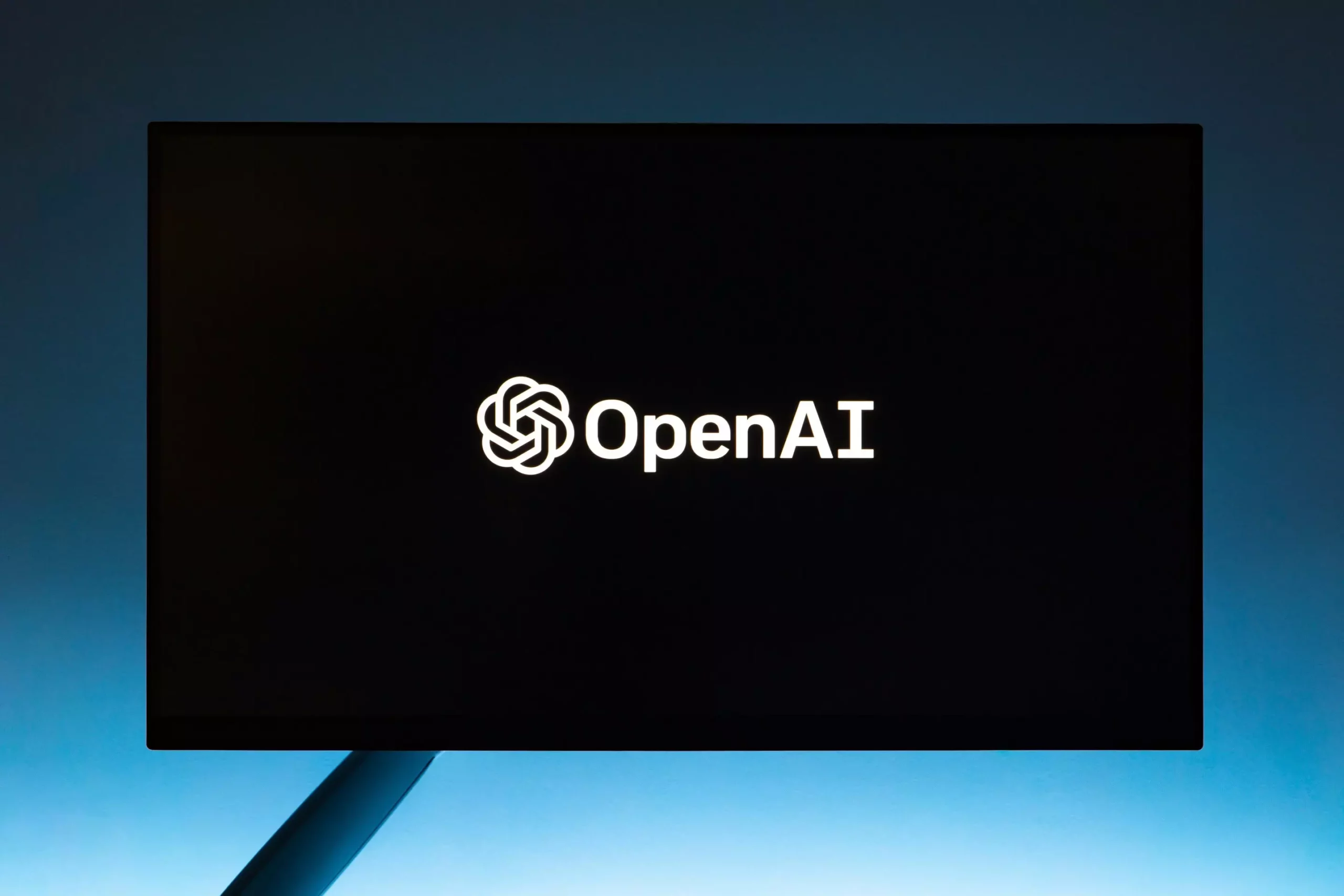The rapid evolution of artificial intelligence (AI) has presented unprecedented opportunities, as well as significant ethical dilemmas. Recently, OpenAI, a leading entity in the AI space, has stirred controversy with its position regarding an upcoming California law intended to establish safety standards for large AI models. This strategic shift reflects broader concerns related to data privacy, ethical practices, and the industry’s accountability.
Historically, OpenAI has advocated for balanced regulation of AI technologies, with CEO Sam Altman frequently emphasizing safety and ethical standards. However, the company’s recent opposition to the Californian safety law signals a dramatic change in its approach. The proposed legislation aims to ensure that developers adhere to basic safety protocols, a principle that sits at odds with OpenAI’s current trajectory towards rapid expansion and market dominance.
The contradiction between OpenAI’s prior support for regulation and its present stance raises a crucial question about its priorities. The company has transitioned from a nonprofit to a commercial powerhouse, now boasting a staggering valuation of up to $150 billion. As OpenAI ventures further into the complexities of the AI industry, one wonders if profit motives are outweighing ethical considerations, exemplifying a classic conflict between innovation and responsibility.
OpenAI’s increasing propensity for data acquisition underscores its evolving strategy. Beyond training data for generative models like ChatGPT, the company is reportedly exploring the collection of sensitive data reflecting user behaviors and interactions. Such a shift toward accumulating extensive user profiles creates potential avenues for rampant commercial exploitation, but it also invokes serious ethical concerns.
The partnerships forged with major media players, including Condé Nast and the Financial Times, position OpenAI to glean substantial insights into content interaction dynamics. If the company successfully leverages this data, it could lead to advanced user profiling capabilities that raise red flags about privacy and surveillance. While OpenAI asserts its commitment to “robust privacy and security guardrails,” the ambiguity surrounding what these guardrails precisely entail leaves much to be desired.
Further complicating matters is OpenAI’s investment in companies focusing on biometric technology. The recent venture into AI-enhanced webcam technology through a partnership with a startup called Opal illustrates a trend toward the collection of sensitive biometric information — potentially including facial expressions and psychological insights derived from video analysis. Such initiatives pose extraordinary risks regarding the security and ethical implications of managing such personal data.
In tandem with OpenAI’s health technology initiatives—specifically, its collaboration with Thrive Global to create hyper-personalized health solutions via AI—concerns about the ethical handling of sensitive health data come to the forefront. Previous high-profile partnerships, which have drawn scrutiny and legal challenges due to potential privacy infringements, exemplify the problematic trajectory of data usage in AI applications.
WorldCoin and Its Controversies
Adding another layer to this intricate narrative is Altman’s co-founding of WorldCoin, a cryptocurrency initiative relying on biometric data for identity verification. The venture has encountered significant backlash, facing suspensions and investigations across various jurisdictions due to fears surrounding data privacy laws. The implications of using biometric data for identity verification are stark, raising alarms about consent, security, and the potential for abuse in data management.
The juxtaposition of OpenAI’s innovations with its underlying involvement in potentially deleterious projects highlights the precarious balance between societal advancement and data integrity. In a world increasingly reliant on AI and digital interactions, the intertwining of biometric information with commercial endeavors invites widespread hesitation and criticism.
Future Models and the Necessity for Ethical Standards
OpenAI’s ambitions to create advanced AI models necessitate access to broad and diverse datasets. However, as they pursue partnerships and investments that enable them to gather such data, the risks involved escalate. With the potential for large-scale consolidation of personal information comes the danger of misuse, unethical profiling, and a breach of trust between AI developers and users.
Amid these developments, OpenAI’s recent leadership upheavals, particularly Altman’s brief ousting, indicate internal conflicts that revolve around the company’s aggressive commercialization and deployment strategy. Even though Altman returned to his position, the stark divides within the organization underline the tension between rapid growth and responsible governance.
As AI technology marches inexorably towards ever-greater sophistication, the ramifications of OpenAI’s current strategy cannot be overstated. The implications of its opposition to regulatory measures reveal a broader trend of prioritizing profits over privacy and ethics. While the potential benefits of artificial intelligence are immense, it is vital for stakeholders, including developers and policymakers, to advocate for comprehensive regulatory frameworks that safeguard individual privacy and ethical standards.
The future of AI hinges not only on technological advancements but also on the moral compass guiding its development. Without stringent regulations and protections, the consequences of unchecked data acquisition and centralized control could be dire, undermining the societal benefits that AI is capable of delivering. OpenAI’s actions in the coming years will undoubtedly influence the landscape of AI, and thus, it bears the responsibility of setting a precedent for ethical practices in this brave new world.


Leave a Reply